Anna’s Story
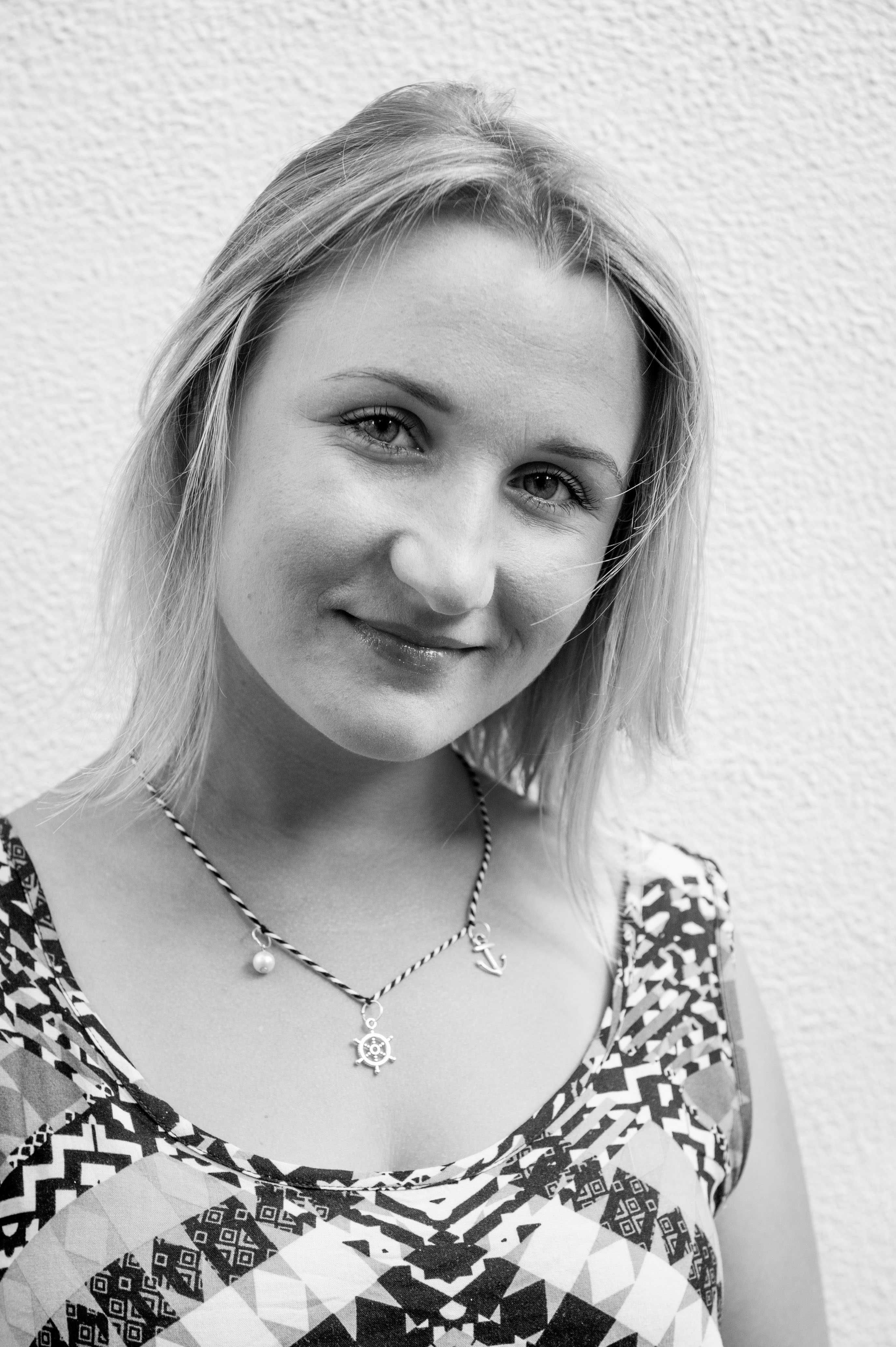
Dear Last Bell Friends,
Sometimes it’s necessary for us— perhaps especially while celebrating Last Bell’s 10-year anniversary— to revisit the trauma and heartache so many of our young people have endured.
We love sharing with you about the growing number of our orphanage graduates who are thriving and giving back. But it’s also important to remember why we can’t give up on these young people! There IS hope for them, but it comes with much uncertainty and difficulty.
Yulia S. (left), one of our original kids who now writes some of our blogs, recently interviewed one of her Stop the Cycle peers. Her story is so distressing that we decided to change the interviewee’s name and leave out some identifying details.
Yulia’s first interview with “Anna” required several hours, and she cried throughout. The second time, she recounted her childhood story in a shorter time, without shame, and with great relief.
This interview is part of our 10th Anniversary series; Anna began attending Stop the Cycle in 2012.
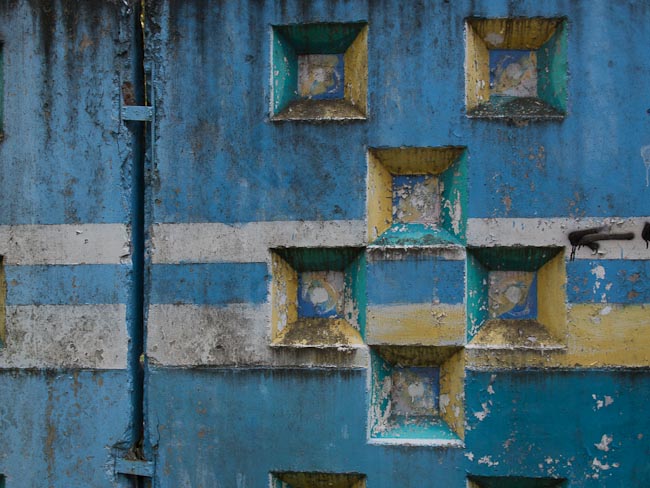
Anna’s Story
Interview conducted by Yulia S.
LB: I know the story of your childhood was originally told to me in confidence…
Anna: Dad died from heart failure when I was eight. He drank a whole bottle of vodka because he lost a bet with my older brother. He never woke up. That morning my mom and I tried to revive him, rubbing his blue body, but he wasn’t alive.
My little brother and I continued living with our mother, as well as our older brother when he wasn’t in prison. My sister left for Odessa when I was a kid.
My older brother regularly beat my mom and us kids. One holiday evening my mom’s friend took her for a walk. My younger brother and I often committed petty theft, and we left to steal potatoes from someone’s garage. In the morning my brother had to go with the police. On his return we realized my mother was gone. She had died. The police said it was hypothermia, but later I learned she had been killed. She was found in the garden behind the fence, all her things scattered. She was covered in bruises; she’d tried to run.
So in 1999 our adult life began. Our older brother had guardianship of us.
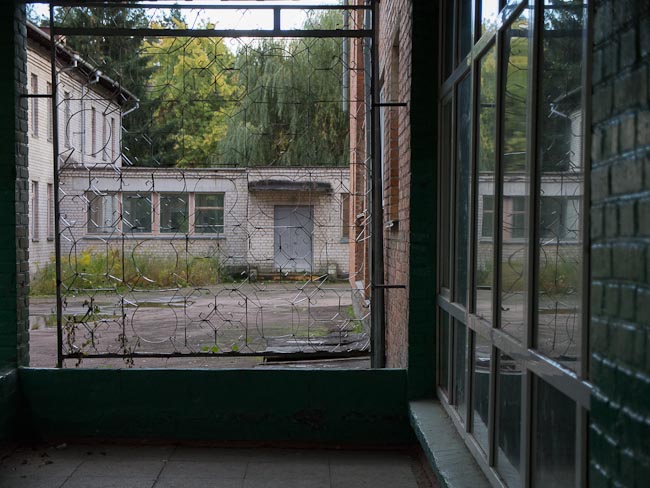
LB: What was it like living with your older brother, without your mom?
Anna: The government gave him money for us every month. He spent most of it on alcohol, and the rest on food, but later he’d make us trade the food for alcohol. When he ran out of everything we had to ask the neighbors for food. Sometimes we dug up potatoes in the fields at night.
When our brother was sober, he hardly beat us at all, and even repaired our clothes. But this was very rare. I’m not going to tell you how he insulted us—that’s better suited to horror movies.
LB: What did you eat in the winter? [Note from Yulia: “I tried to persuade her for two days to tell us what they ate. Even her husband didn’t know about this.”]
Anna: When our brother was sober, he brought meat home, and we never knew what we were eating. One day, my younger brother and I brought home a puppy. The next morning we couldn’t find it. Our older brother was drunk and said, “Where do you think I got the meat you were eating?” Then he forced us to clean the bathroom—where we saw the puppy’s blood and skin. At that moment I truly became afraid of him.
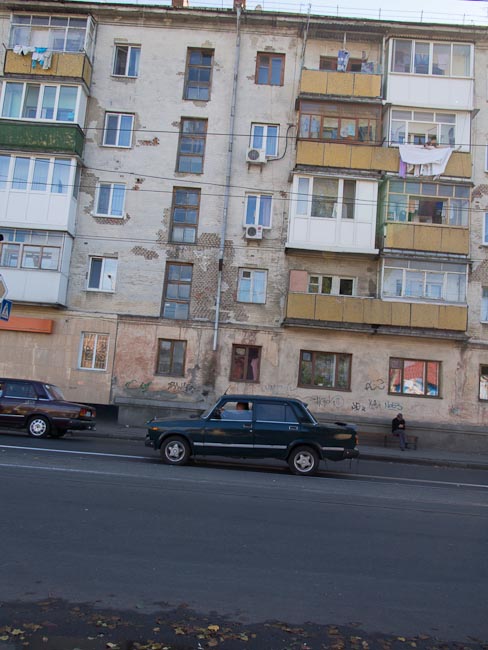
LB: Did you want to escape from him?
Anna: One evening, we were afraid to come home because he was drunk, yelling so loudly that all the neighbors could hear. We decided to run away to find our sister in Odessa, and actually made it there. We hid in a train, in a storage area for suitcases. An old lady saw us, but didn’t tell anyone—she pitied us and gave us food.
[Editor’s note: A train from Zhytomyr to Odessa would take at least nine hours.]
LB: Did you find your sister?
Anna: No, we didn’t even know the address. Now I can’t imagine how we thought we’d find her. In Odessa we wandered like street children. We arrived at a shelter, but then ran away and returned home again. We walked along the rails, and slept under bridges. Sometimes we took the wrong train, but eventually we found our way back to Zhytomyr. We had been missing for six months. When we were found, they sent us to the orphanage.
Our sister eventually came back from Odessa and began to drink with my older brother. They died of tuberculosis a couple of months apart.
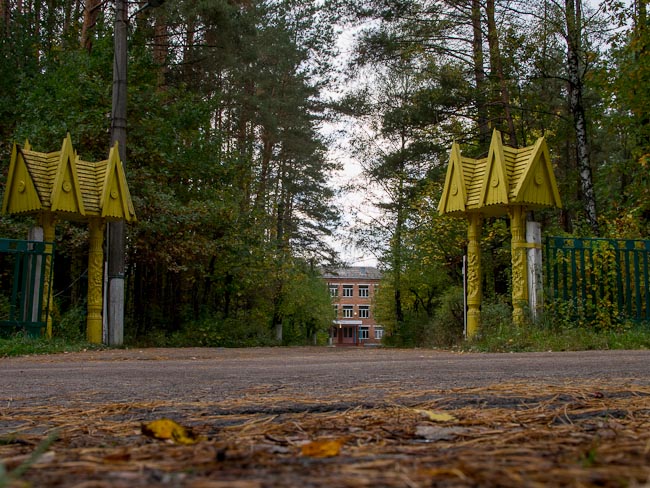
LB: Did anyone hurt you at the orphanage?
Anna: No, I didn’t get hurt because I was already older than the others. I was always quiet and afraid of everyone. But my brother was often beaten.
LB: Where did you go to school after the orphanage?
Anna: I really wanted to enter the medical college. I applied and passed the exams, but my friend stole my documents from the college and told me that I didn’t pass. So I went to study at the trade school with her.
After trade school graduation I returned to my family’s apartment and discovered unknown tenants there. My older brother had sold his apartment share. I took my case to court, but the tenants started saying they’d rape or kill me. They tried to force me to make them the full owners. They even took me to the forest one night and left me there, as a warning.
But I bravely told the whole story to Vova, who is now my husband, and he helped me sell our share of the apartment profitably. With the money we bought a room in a dormitory for my younger brother, and bought furniture and made repairs. The rest we spent on repairs at Vova’s house where we lived.
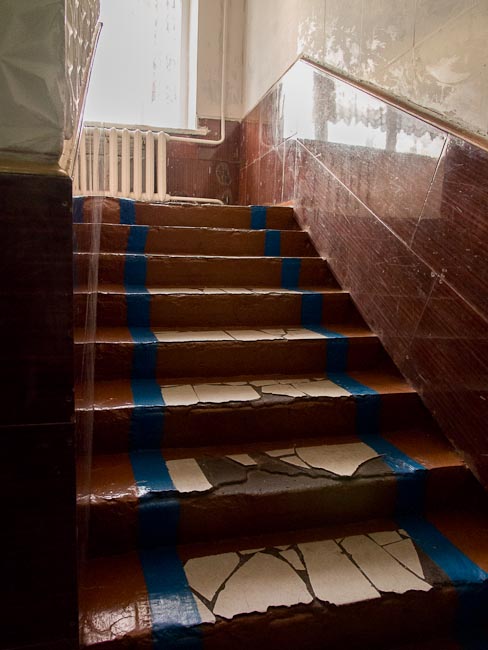
LB: How did you find out about Last Bell?
Anna: I was invited by a friend to attend summer Sea Camp.
LB: What role has Last Bell played in your life?
Anna:The people of Last Bell taught me a lot of things I didn’t know before. They helped me to feel safe and valued. I learned basic skills, like how to communicate with people.
Most important to me now is the proper upbringing of my child. I confess I wasn’t good at this, but because of Oksana’s lessons, little by little I’ve changed my methods. Last Bell always helps with clothes and supplies. But the most important thing I’ve learned about is God. Now I realize the Lord was always present, protecting me.
After all she’d been through, Anna was able to trust in Jesus’ love. Without a doubt, we know that orphanage graduates can heal from their childhood traumas and thrive! We believe that God will use them and their children to change their post-Soviet culture.
We praise God for all of you who support Last Bell, the Stop the Cycle program, and our yearly Summer Camps. Your care for the orphanage graduates of Zhytomyr is making a difference in Ukraine – thank you!